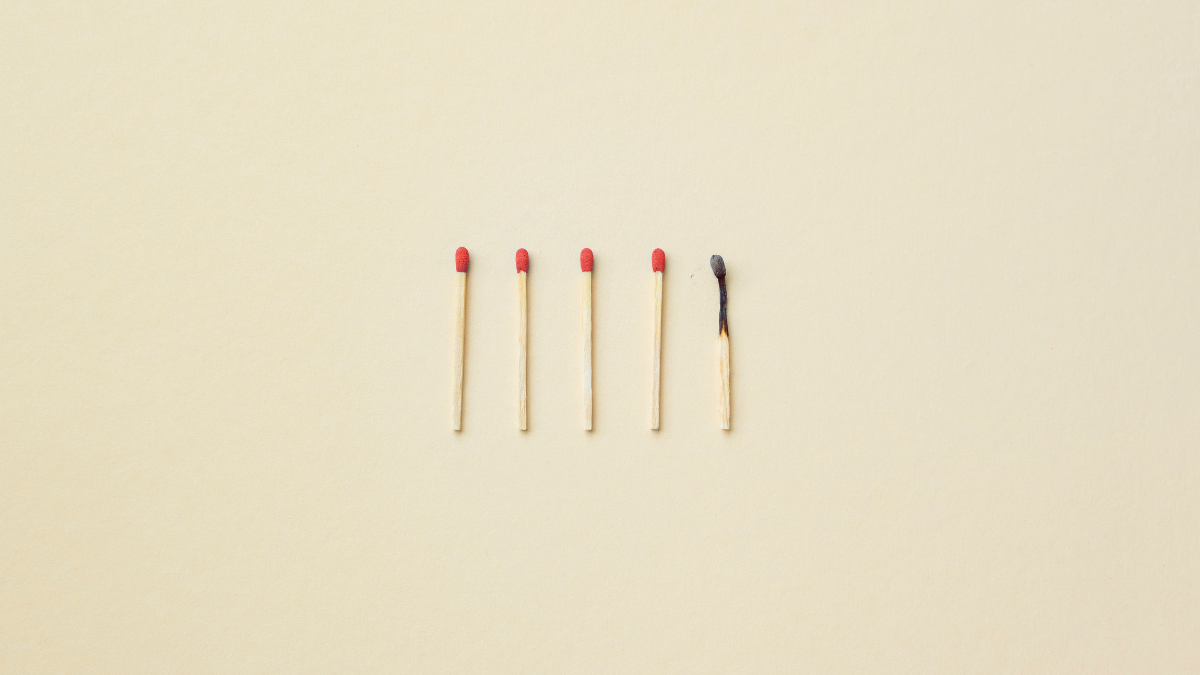The Exhausted Achiever’s Guide to Slowing Down Without Falling Behind

You’re tired. Not just end-of-day tired. Deep-tissue tired. Tired in your bones, your thoughts, your motivation. And yet, even as your body screams for rest, there’s that voice in your head that whispers, If you stop, you’ll fall behind.
If you’re a high achiever, you probably know this tension well. You run on focus, on output, on always being one step ahead. You’ve learned to associate success with motion. But over time, the pressure to perform becomes a trap, because when your entire identity is tied to productivity, slowing down can feel like losing yourself.
This article is not about doing less. It’s about doing differently. It’s about finding a rhythm that lets you succeed without sacrificing your health, your peace, or your relationships.
Because burnout is not a badge of honour. And slowing down doesn’t have to mean falling behind.
Why high achievers burn out more easily
High performers often burn out not because they’re weak, but because they’re wired for overfunctioning. You might pride yourself on being the go-to person, the safe pair of hands, the one who always delivers. But this tendency to overdeliver, to say yes, to push through, to never stop, slowly drains your reserves.
You begin ignoring your warning signs. You convince yourself that tired is just normal. That stress is a sign you care. That feeling overwhelmed is just part of the job.
But burnout doesn’t come from doing too much once. It comes from not stopping enough, over and over again.

What it’s really costing you
You tell yourself you're fine. You’re functioning. You’re getting things done. But underneath the surface, the cost is rising.
You start snapping at people you care about. Your creativity fades. Tasks that used to take an hour now take half a day. You find yourself staring at screens, cycling through tabs, unable to focus. You try to push harder, but it just doesn’t land.
This is the hidden toll of never pausing. The irony? The very drive that fuels your success becomes the thing that erodes it.
The mindset shift: Rest as a performance strategy
Somewhere along the line, many of us picked up the belief that rest is indulgent. That it must be earned. That it’s for later, after the work is done.
But here’s the truth: Rest is not the reward. It’s the foundation.
Elite athletes build recovery into their training plans because they understand that progress depends on repair. Your brain and body are no different. You cannot operate at full capacity without recovery.
Rest is not a luxury. It is a leadership skill.
How to slow down without losing your edge
If you’re already running on fumes, the idea of slowing down might feel terrifying. You might worry that the momentum you’ve built will vanish. That people will notice. That opportunities will slip away.
But the goal is not to stop. It’s to rebalance. Below are five practical ways to slow down without losing your edge.
Recalibrate your definition of success Start by expanding your internal scorecard. Productivity is only one measure of progress. Mental clarity, emotional regulation, physical energy: these matter too. Let "enough" include how you feel, not just what you get done.
Try a Minimum Viable Output day Borrowed from Agile project management, a Minimum Viable Output day asks: What’s the smallest meaningful action I can take today? One meeting. One deliverable. One checked-off item. It’s about momentum, not mastery.
Work in cycles, not sprints Build natural rhythms into your day. Periods of focused effort followed by intentional recovery. A break after ninety minutes. A short walk before your next task. These micro-pauses reduce cognitive fatigue and boost creativity.
Tame your inputs It’s impossible to slow down internally if you’re overstimulated externally. Reduce the number of decisions you make each day. Turn off notifications. Stop checking email at midnight. Clear space so your nervous system can settle.
Protect your recovery time like you protect your deadlines Put rest in your calendar. Treat it as non-negotiable. Whether it’s an evening routine, a hobby, or simply doing nothing, it only works if you honour it.
Dealing with the guilt
Even when you know all of this, slowing down still feels wrong. The guilt creeps in. The inner critic whispers, You should be doing more.
This is where the deeper work begins. Your worth is not determined by your output. Your value is not measured in crossed-off tasks. Slowing down does not make you less capable; it makes you sustainable.
When to reassess the bigger picture
Sometimes, the problem isn’t your schedule. It’s your setting.
If you’ve built a career in an environment that rewards burnout and punishes balance, you may reach a point where no amount of self-care will fix the root cause. That doesn’t mean quitting tomorrow. But it might mean asking harder questions.
What does success mean to me now? What am I sacrificing to maintain this pace? What kind of life am I building? And is it one I want?
Final thought: You don’t have to earn your rest
You don’t have to hit rock bottom to slow down. You don’t have to wait for a crisis to take care of yourself. You don’t need to justify recovery with exhaustion.
The most successful people you admire? They’ve learned to pace themselves. To rest before they break. To invest in the long game.
You’re allowed to do the same.
Slowing down isn’t falling behind. It’s how you stay in the game.
—MRB
My goal is to help people thrive in a complex world. While I write as a psychologist, this content is general in nature, does not constitute a therapeutic relationship, and is not a substitute for personalised mental healthcare advice. Further, some posts may include affiliate links to resources I recommend. Read my full site policy here.



Member discussion